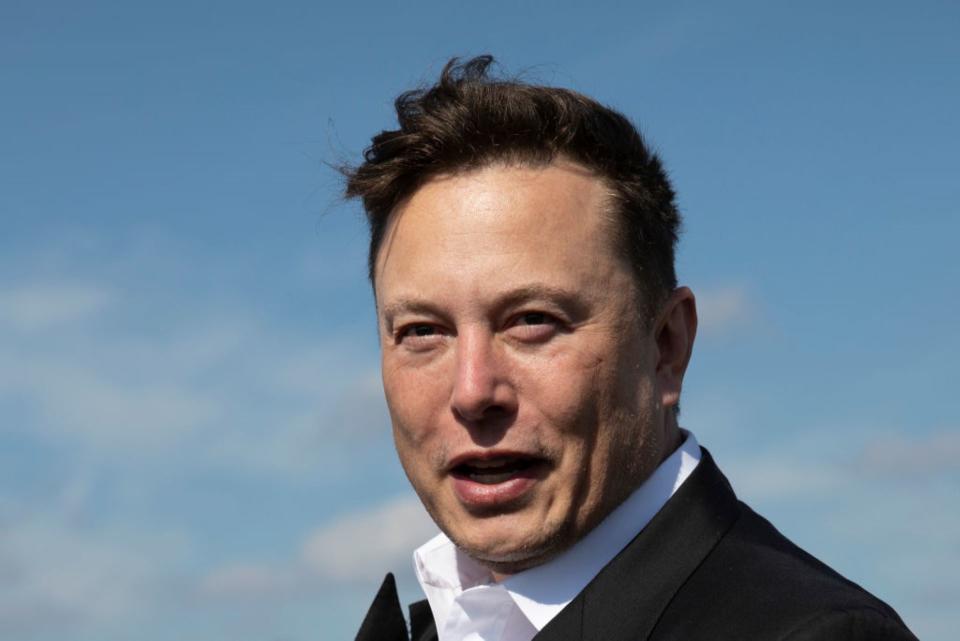Elon Musk is playing it safe with Tesla’s next big move — here’s why

Tesla is joining a recent trend among automakers and is exercising caution in regards to its production, as economic fears cause concern about demand. Ford and General Motors recently scaled back production of their electric vehicle models due to those concerns.
Despite significant price cuts Tesla recently made on multiple models, CEO Elon Musk fears high interest rates may offset those cuts and prevent would-be customers from buying. Because of this, Musk is holding off on the planned Tesla factory in Mexico until there is more clarity on the economy.
“People hesitate to buy a new car if there’s uncertainty in the economy,” Musk said. “I don’t want to be going into top speed into uncertainty.”
The move by Tesla is somewhat surprising given that as recently as June, it seemed as though the company could barely keep up with demand. In April, Tesla’s inventory in the United States hit a record high. But likely thanks to drops in price, as well as tax credits for EVs, consumers flocked to Tesla dealerships, dropping availability by nearly 20%.
To compete with Tesla, Ford cut prices on its all-electric F-150 Lightning, MotorTrend’s 2023 Truck of the Year, by $10,000, from $60,000 to $50,000. Even that wasn’t enough to quell the fears of faltering demand. In late October, Ford paused a $12 billion investment in EV manufacturing capacity, saying that EVs are too expensive and demand is slowing.
Around the same time, GM announced it would delay production of its EV trucks at a suburban Detroit plant until late 2025. The plant produces the Chevy Bolt, which will no longer be produced come 2024. GM explains that it plans to implement improvements that will make new EVs more profitable.
But, according to Tom Narayan, a global autos analyst at RBC Capital Markets, the slowdown in production due to fears over demand is about price, not about consumer sentiment toward EVs.
“It does highlight that there could be a slowdown in EV (demand) in the near term,” Narayan said. “But it has more to do with pricing and affordability than a rejection of EVs.”
Narayan believes that demand for EVs will rise again when more affordable options become available, giving people who otherwise wouldn’t be able to afford an EV the opportunity to drive a vehicle that doesn’t add to carbon pollution in the atmosphere.
Join our free newsletter for cool news and actionable info that makes it easy to help yourself while helping the planet.

 Yahoo Autos
Yahoo Autos 